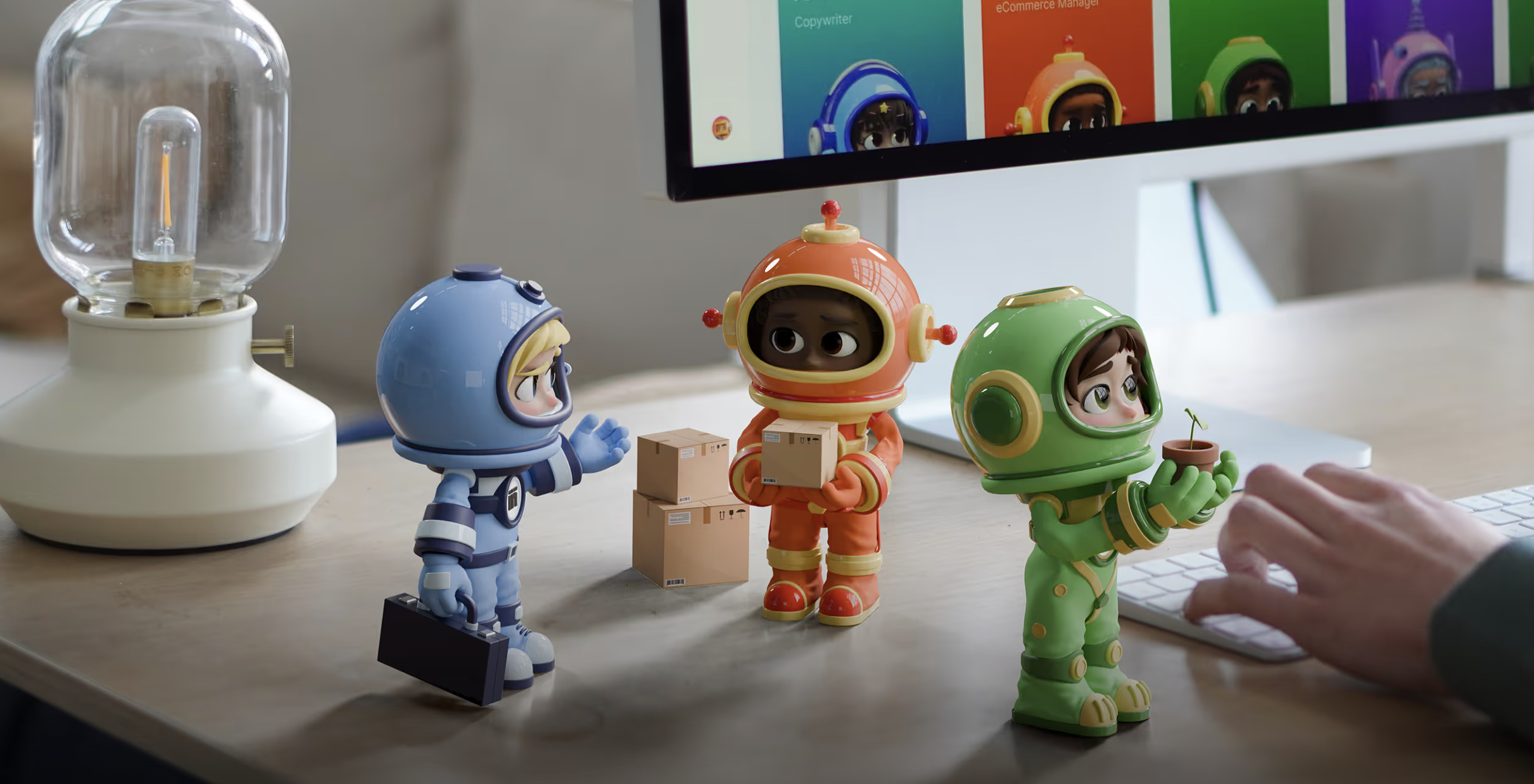OpenAI announced in an email to developers that it is gearing up to launch its GPT Store next week. This platform will serve as a marketplace for developers to sell and share customised AI agents based on OpenAI’s powerful text-generating models, such as GPT4.
The store was initially announced during OpenAI’s annual developer conference, DevDay, last year but faced delays, likely attributed to the leadership shakeup that unfolded in November that forced Sam Altman to stop down temporarily before being reinstated with a new board.
Developers eager to showcase their GPT creations in the store must adhere to OpenAI’s updated usage policies and GPT brand guidelines. The guidelines endure compliance and quality control, requiring developers to verify user profiles and publish their GPTs as public.
OpenAI aims to maintain a curated environment within the GPT Store, offering users a selection of high-quality and compliant AI agents.

The Custom GPTs have gained enough popularity and attention for their accessibility, eliminating the need for extensive coding experience. Developers can create GPTs ranging from simple chatbots to complex applications tailored to their specific requirements. For instance, a GPT can be trained on specific and niche topics like laundry or mathematics and generate answers based on the questions.
OpenAI did not disclose any details regarding a revenue-sharing scheme in the email to developers, leaving uncertainty about how developers will be compensated for their contributions to the store.
OpenAI spokespersons hinted that more information will be unveiled next week, indicating that the company is prepared to clarify various aspects, including potential monetisation strategies for GPT creators.
As the store prepares for launch, the industry awaits further details about the monetisation framework and the potential impact of this platform on the broader landscape of AI application development and other fields.
In the News: Microsoft introduces a new Copilot key on Windows keyboards




